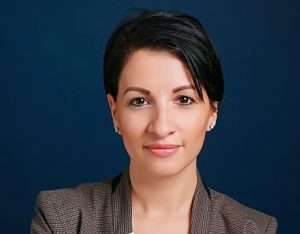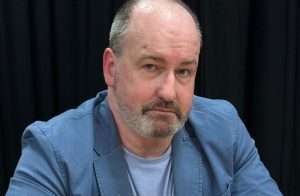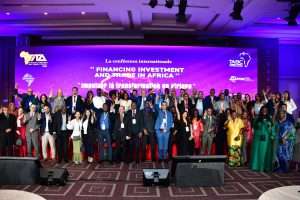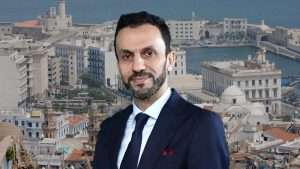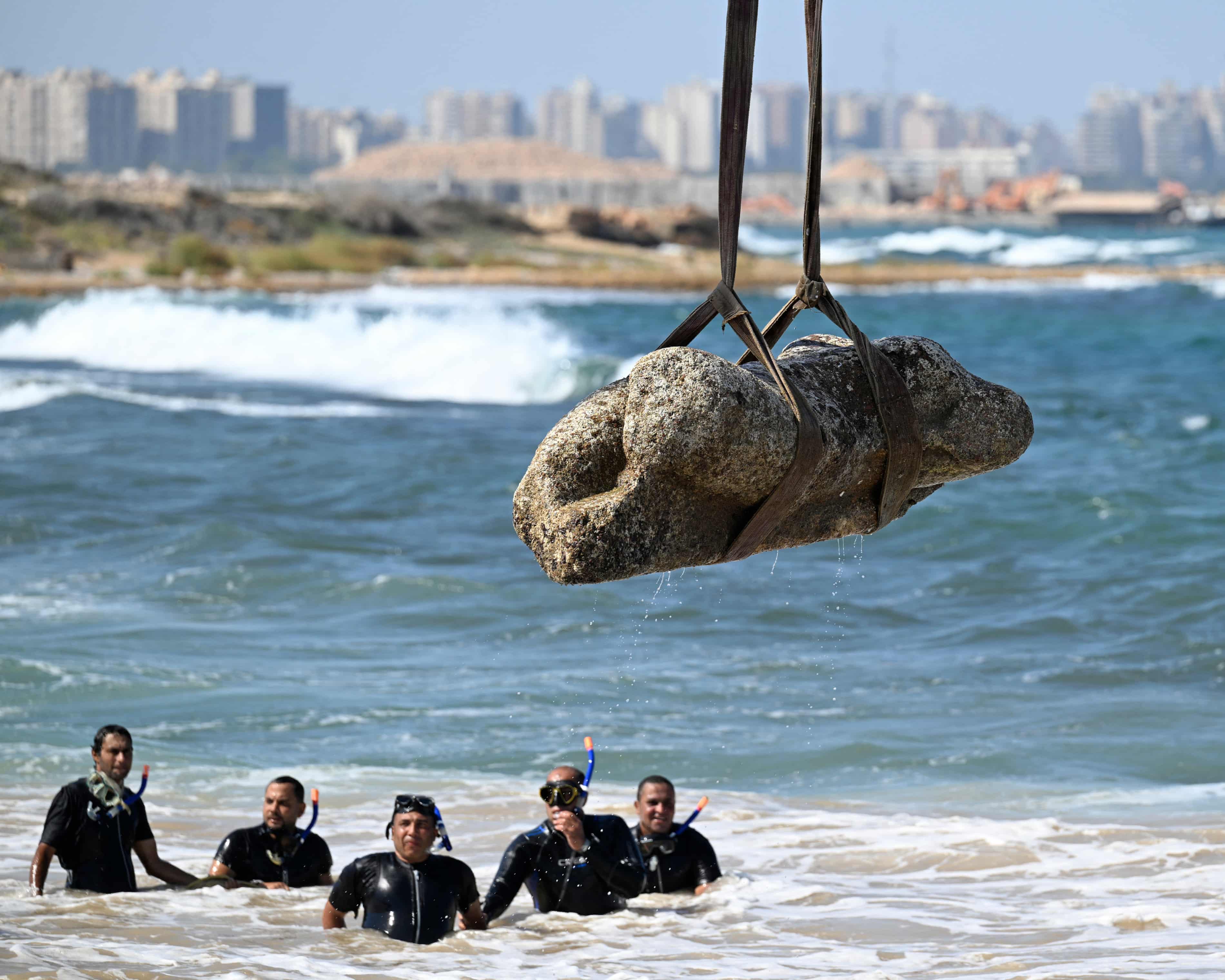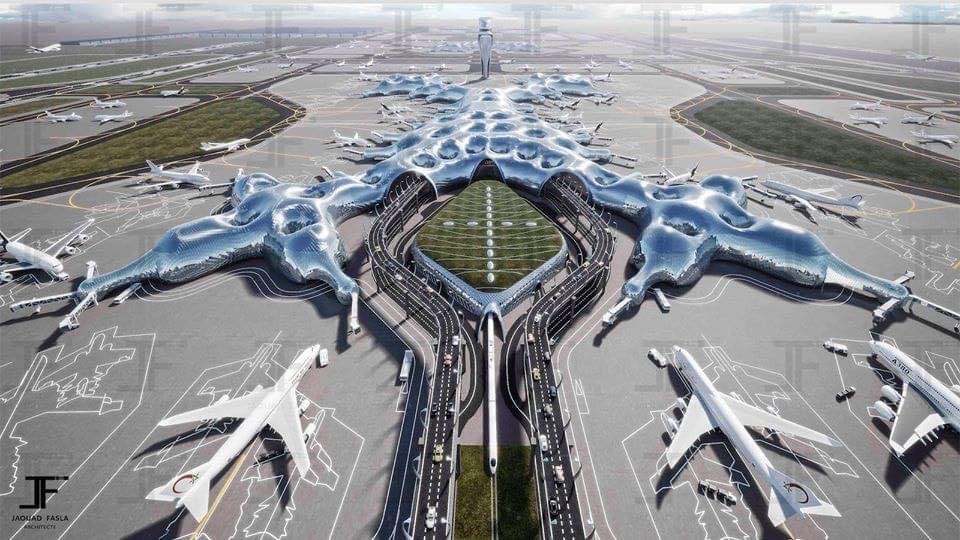Youssef El Kaidi Debates French Language Role
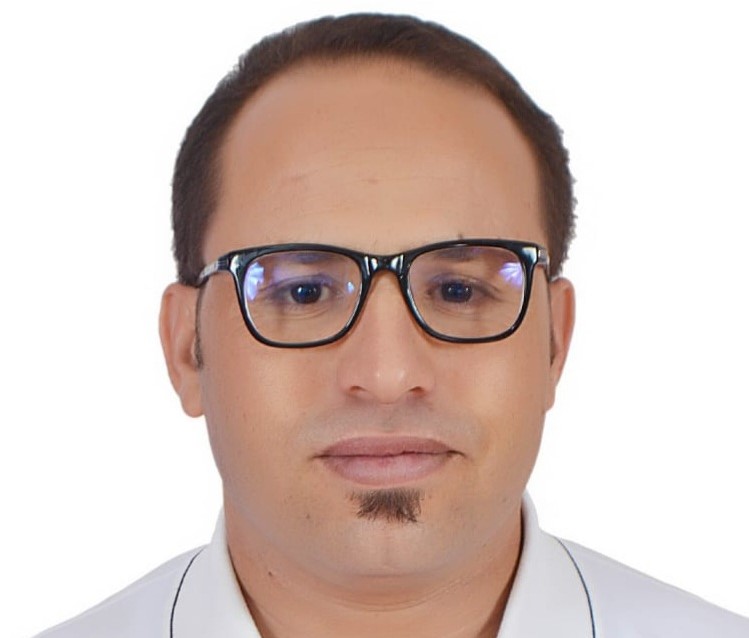
Ever since Morocco’s independence from France in 1956, French has retained a dominant position in the kingdom. The language has a strong presence in education, the media, business, and other dynamic sectors, and is often used instead of Arabic and Tamazight, the indigenous Berber language of Morocco.
The post-independence Arabization, which attempted to decrease the use of French in Morocco’s vital sectors like education and business, resulted in little change. The Moroccan education system and its successive reforms have contributed a great deal to not only sustaining the position of French but also strengthening its status through its officialization as Morocco’s first foreign language and as the language of modern science and international communication.
The political elite in Morocco has been deeply shaped by French culture and language since most members were graduates of French schools and universities. Thanks to these elites, the cultural link between Morocco and France remains more than six decades after independence. However, in a globalized world where English has become a universal language, does French serve Morocco’s economy or, conversely, play to its detriment? This pragmatic question is what many Moroccan civil society and social media activists are trying to answer.
Yet, social media are only a reflection of an ongoing debate in the halls of government and civil society in France as well as in Morocco. Many prominent French educational experts and politicians have recently advocated for the use of English as a medium of instruction in higher education. Former French Prime Minister Edouard Philippe said in a tweet that “Having a good command of English means better mastering your future.”
These calls stirred different reactions among French society. While some consider the use of English a betrayal to the French Republic, whose principles are based on the cultural and philosophical legacy of the Age of Enlightenment in which French played a pivotal role, others believe that the golden age of French is bygone and that English is now the language of international exchange. The proponents of English in French higher education also argue that the shift to English will attract more foreign students and maintain France’s position as the fourth most popular destination for international students after the US, Britain, and Australia.
“The social media campaign under the Arabic hashtag “No to French, Yes to English in Morocco,” aims to exert pressure on the new government to set Morocco free from what many activists see as a colonial imposition”.
One may wonder, if French is declining in global usage, why is Morocco still clinging to it perhaps even more than the French themselves? The social media campaign under the Arabic hashtag “No to French, Yes to English in Morocco,” aims to exert pressure on the new government, formed on October 7, under the leadership of Prime Minister Aziz Akhannouch, to set Morocco free from what many activists see as a colonial imposition. The campaign is part of a larger debate on language and cultural identity in Morocco; a debate that reminds us of the country’s complex linguistic legacy, which seems to be stuck between its national languages (Arabic and Tamazight), French, and English.
READ Hussein Majdoubi: Is Morocco ready to divorce the EU yet?
To many observers, the seamless transition from French to English is already taking place in Morocco, as it has become an urgent necessity with regard to the country’s new global economic partnerships. Morocco now has preferential trade agreements with 62 countries, only a few of which belong to the French-speaking world.
This strategic policy to diversify economic partners and compete at the level of international markets (automotive industry, renewable energy, aeronautics, etc.) as well as the huge Moroccan investment initiatives in West and East Africa, entail the use of English not only in the training of a qualified labor force, but also in facilitating communication. Moreover, Morocco’s dependence on tourism requires a higher level of communication that only English can provide to improve global connections. In fact, tourism in Morocco is an important source of revenue for the economy, with more than 12.9 million tourists visiting the country each year.
The National Charter for Education and Training, an education reform that Morocco began implementing in 2002, emphasizes the importance of teaching science and technology at the level of higher education in a variety of languages, yet the French language is not mentioned by name. This non-reference to French opens the gate for English, especially in light of its undisputed supremacy in the domains of scientific innovation and technology. The situation is ripe for English to be officialized as the main foreign language of instruction in Moroccan public schools and universities. Will the new government take this step?
Although it has only been a few days since the new Moroccan government has been appointed, its members have already sent out signals that they would adopt the more pragmatic Anglo-Saxon approach in the management of Morocco’s vital sectors. Unlike previous administrations, the current government includes ministers who received their higher education predominantly in English.
For instance, Ghita Mezzour, Minister Delegate to the Prime Minister in charge of digital transformation and administration reform, obtained her PhD in Electrical and Computer Engineering from Carnegie Mellon University in the US. Ryad Mezzour, Minister of Industry and Trade, holds a bachelor’s degree in mechanical engineering, and an MA degree in Power Plant Technology and Business Administration from the Polytechnic School in Zurich, Switzerland. Aziz Akhannouch, the Prime Minister himself, is a graduate of Sherbrooke University in Canada where he studied management, administration, and leadership.
READ Zaid M. Belbagi: Morocco leads Arab world on climate change
The new government also eliminated French from the logos of its ministries, sending the message that the language is slowly on the decline. The current official Twitter account of Morocco’s Prime Minister Aziz Akhannouch features only Arabic and English in the bio area. Upon taking office after being appointed by King Mohamed VI on October 7, some new ministers replaced their ministries’ old logos on social media platforms with new ones where French is not used. The current logo of the Ministry of National Education, Preschool, and Sports, for example, in which only Arabic and Tamazight are used, signals a change in Morocco’s linguistic policy.
Irrespective of Morocco’s relations with France, the implementation of English in the education and administrative sectors of Morocco in place of French—or at least in equal status to French—is not only a public demand but also an economic necessity. Conquering international markets and expanding economic horizons requires first overcoming language barriers, and English is undoubtedly the key solution to this challenge.
Youssef El Kaidi is a professor of English Literature and Cultural Studies at the Faculty of Arts and Humanities, Sais-Fes, University Sidi Mohamed Ben Abdellah, Fes, Morocco. He obtained a doctorate degree in Cultural Studies from the Dhar Mehraz Faculty of Letters and Human Sciences in Fes in 2017.
This article was originally published in Inside Arabia
The views expressed here do not necessarily reflect those of Maghrebi.org but we do nonetheless encourage freedom of expression and even the ‘right to reply’. If you want to contribute to the Opinion section, feel free to send your article to opinion@maghrebi.org with a detailed bio including a twitter handle at the end of the piece.
Want to chase the pulse of North Africa?
Subscribe to receive our FREE weekly PDF magazine




